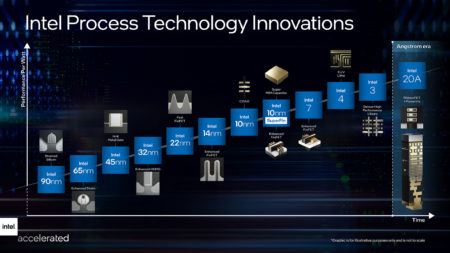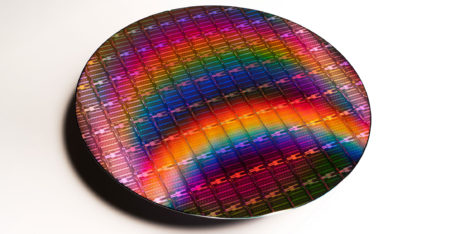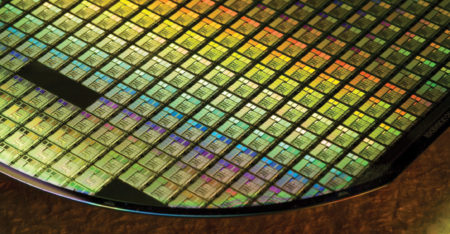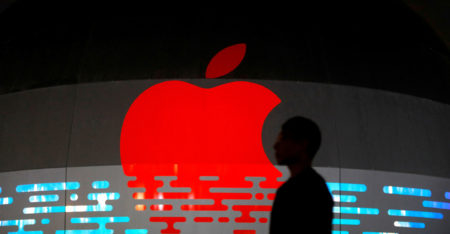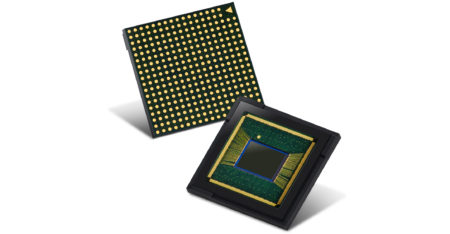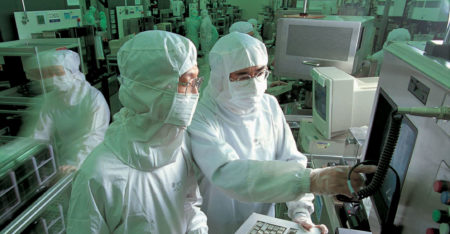Intel said its factories will start making Qualcomm chips as it laid out a road map on Monday to expand its new foundry business to catch rivals such as Taiwan’s TSMC and Samsung Electronics by 2025.
Browsing: TSMC
Chip makers from Taiwan to the US are cranking up production to address shortages that have hammered car manufacturers and other customers as they try to emerge from the coronavirus pandemic.
The world’s most important chip maker expects revenue to climb 20% this year. But the incredible cost of meeting outsize demand is starting to eat away at the bottom line.
Apple has asked suppliers to build as many as 90 million next-generation iPhones this year, a sharp increase from its 2020 iPhone shipments, according to people with knowledge of the matter.
Intel CEO Pat Gelsinger has predicted the shortage of semiconductors that’s hurting industries from automotive to consumer electronics will bottom out in the second half of this year.
Car makers slashed production. PlayStations got harder to find in stores. Broadband providers faced months-long delays for Internet routers. The reason? An abrupt and cascading shortage of semiconductors.
Intel’s CEO said on Monday it could take several years for a global shortage of semiconductors to be resolved.
Taiwan has suffered a sudden reversal of fortunes. The pandemic comes just as a drought triggers power outages, stoking economic uncertainty and threatening the world’s chip supply.
Taiwan’s exports beat estimates as surging sales of semiconductors and other electronic components propelled overseas shipments to its fastest growth in more than a decade.
Taiwan Semiconductor Manufacturing Co expects to be able to catch up with the “minimum requirement” of customer demand for car chips by the end of June, its chairman said.


